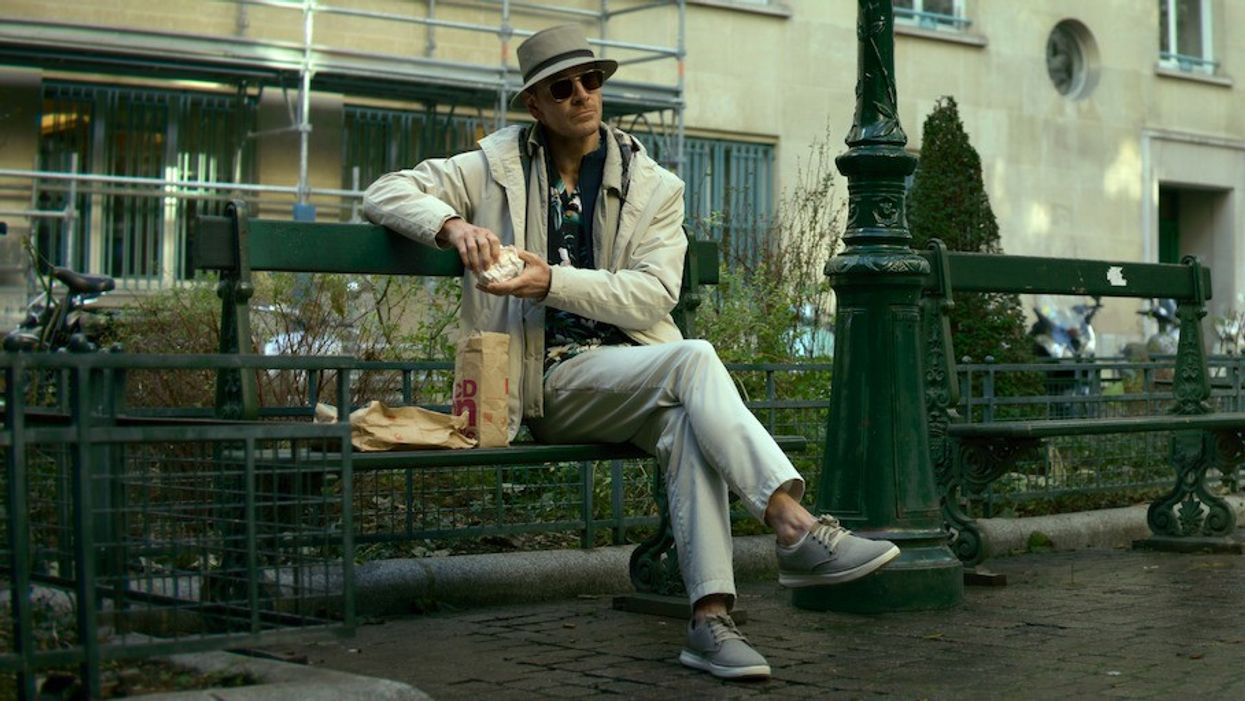'The Killer' Cinematographer Breaks Down That Opening Scene Hit
Director of Photography Erik Messerschmidt takes us through the patient, tone-setting sequence.

'The Killer'
The opening scene of David Fincher's The Killer weaves a complex narrative through visual storytelling. So, how does Fincher achieve the look and feel he wants?
Well, he relies on Cinematographer Erik Messerschmidt to establish the film's dark, introspective tone.
Messerschmidt is an incredible DP who sat down with Variety to break down the opening of the Netflix movie and talk about the techniques he used.
Check it out below.
The film opens with The Killer, played by Michael Fassbender, staking out a Parisian hotel room. He's preparing to use a sniper rifle to assassinate a target expected to check into the hotel. This introduction immediately sets the film's tone, emphasizing The Killer's skill and professionalism.
But there's also a focus on the mundane within this job.
The scene depicts the assassin engaging in everyday activities—eating, practicing yoga, listening to the Smiths, and communicating with his handler.
These moments are crucial in establishing the character's methodical nature and his professional and personal isolation. The Killer narrates his actions, highlighting his mantra of rules and the routine, even boring, nature of his job, underscoring his cynicism and lack of empathy as beneficial traits for his occupation
Oscar-winning Messerschmidt and Fincher worked closely to set the tone of the movie and guide the audience through The Killer's point of view. This involved careful consideration of each frame and cut, aiming to provide a clear and engaging experience for the viewer.
They aimed to immerse the audience in the world of the film's main character, focusing on details, redundancy, and monotony to reflect the character's life.
Messerschmidt highlighted the film's exploration of process and presentation, drawing parallels with filmmaking itself. He also emphasized the film's themes, such as the tragedy and fragility of self-confidence, where the protagonist ultimately realizes his lack of absolute control.
The opening scene sets the stage for the unraveling of The Killer's carefully crafted persona. As the film progresses, his actions increasingly contradict his stated beliefs and philosophies, creating a tension between his self-image and the reality of his actions. This conflict forms a significant part of the film's exploration of the character's motivations and inner turmoil.
And it's all done with the perfect shot selection and editing.
Let me know what you think in the comments!











